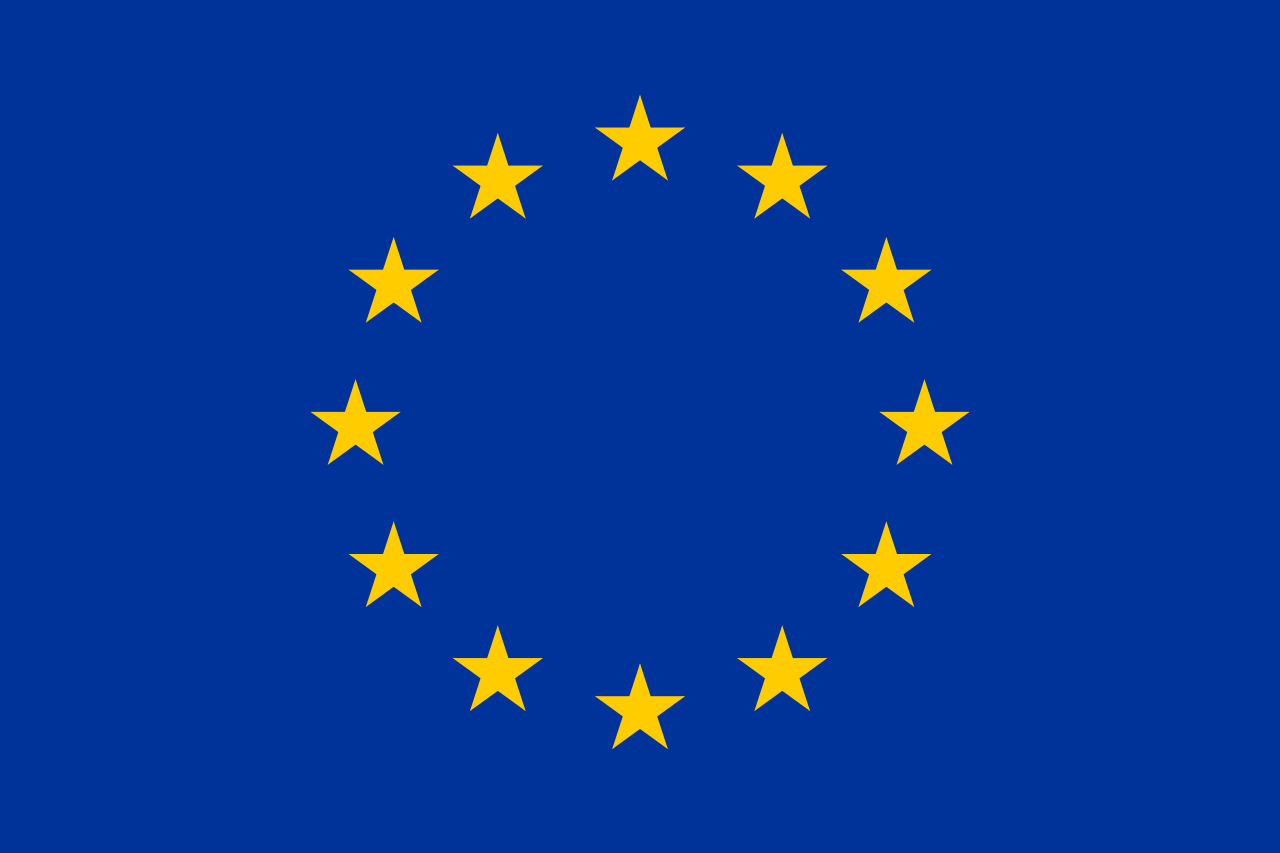Coding is a profession that may be accessed through following a number of short courses building up on each other. Jobs in this market are usually better paid than the predominantly female occupations (sales, care work, clerical work, catering, cleaning jobs,…).
Currently only 60% of women in Europe are employed, in contrast to 76% of men. Unemployed, low-qualified women, and women in precarious employment tend to choose, or are guided towards, jobs mainly within the domestic sphere. Employment support structures are important in order to help women broaden their professional horizons, for them to approach jobs that are traditionally male oriented.
Coding is one of the predominantly male occupations, with only 16% of European ICT specialists, and 6% of all worldwide developers, being women. The European Commission report, “Women active in the ICT sector”, concludes that involving more women within the digital economy could create an annual GDP boost in the EU economy of EUR9 billion.
 How did we decide to react?
How did we decide to react?
We aim at creating awareness and training tools to tackle stereotypes and encourage more women to become coders. Based on our field experiences, we have decided to tackle the issue by mainly targeting the employment support professionals who are the first point of contact for women trying to find new employment. Our project therefore enhances specific competencies of professionals involved in the retraining of women within coding professions.
That’s why we have built a strategic cooperation partnership for innovation within the Erasmus+ programme, funded with support from the European Commission. Five organizations from Finland, France, Malta and Poland have studied the situation in order to design this free training platform for employment support professionals that we present to you here.
Some dedicated tools
This free platform offers employment support professionals the following tools:
- Testimonials of retrained women so that you can see first-hand what drives women in deciding to take up coding as a career.
- An educational animation that tackles clichés about jobs in coding professions and offers support.
- A set of mini-videos that show the coding profession in a different light, and from the perspective of women that were low-qualified or unemployed before becoming coders.
- An eLearning module aimed at employment professionals to help them in guiding women in their new programming and coding profession and provide them with everyday useful tools.
- A serious game that presents different work scenarios for women to learn good practices within their retraining.
- A toolbox that enhances the significance and recognition of these specific competencies for integration professionals.

Following Europe 2020 strategy
Our project is aligned with the Europe 2020 Strategy and Digital Agenda. Apart from offering support to target audiences, this project will foster gender inclusion, reduce skill mismatches and labour shortage within the digital sector, and improve gender diversity within the coding profession. In addition, it will support digital companies and training centres that wish to attract women in their field. Becoming a Woman Coder promotes social innovation through the feminization of “masculine” professions and seeks to increase the skills of low-qualified women.
What is a strategic partnership for cooperation for innovation?
Strategic Partnerships are transnational projects designed to develop and share innovative practices and promote cooperation, peer learning and exchanges of experiences.
Overall, strategic partnerships aim to address horizontal priorities as well as field specific priorities in the areas of: higher education, vocational education and training, school education, adult education and youth. Various activities can be supported: studies, surveys, international meetings, job shadowing, training, development and experimentation of innovative methods and tools …
What are the opportunities?
Strategic Partnerships provide opportunities for a wide variety of public, private, and non-governmental organisations to implement a broad range of activities including, for example:
- Strengthening cooperation and networking between organisations
- Promoting the development, testing, and implementation of innovative practices
- Promoting the recognition and validation of knowledge, skills, and competences
- Promoting cooperation between regional authorities to develop new systems for education, training, and youth
- Supporting learners with disabilities and special needs and ease their transition to the labour market
- Supporting education and training professionals to promote equity, diversity, and inclusion in learning
- Promoting integration of newly arrived migrants and raising awareness about the refugee crisis in Europe
- Promoting entrepreneurship and active citizenship among young people
Further information on Erasmus+ programme may be found on:
https://ec.europa.eu/programmes/erasmus-plus/opportunities/how-to-apply_en



133 thoughts on “About the Project”
Comments are closed.